Pandemic dominates Swiss Words of the Year
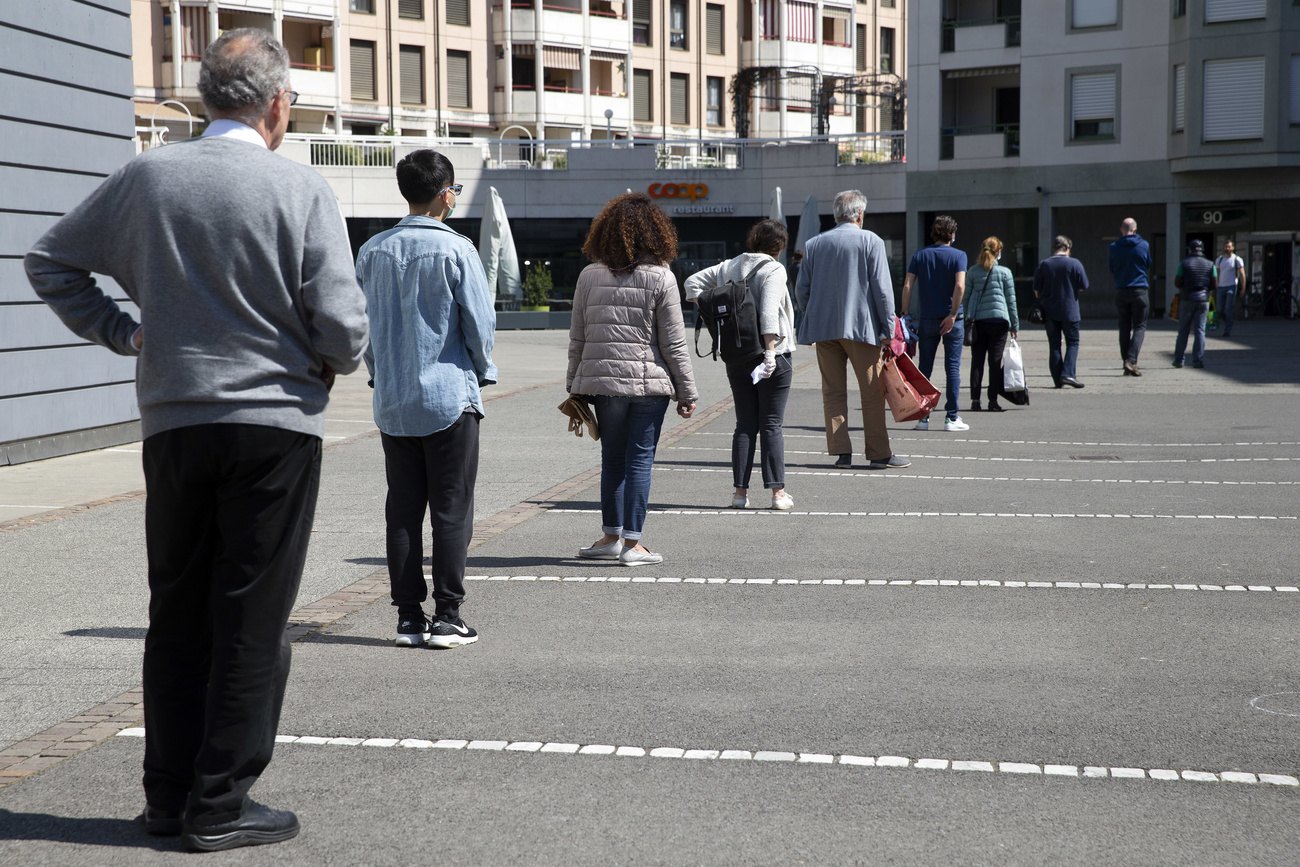
Covid-19 is leaving its mark not only on Swiss society but also on the country’s four national languages. The Swiss Words of the Year for 2020 are all connected to the coronavirus and its effects.
“New virus, new situation, new words,” said the jury. “Covidiots, coronasceptics and countless other neologisms have sprung up throughout the year, reminding us of the creativity of language and the human spirit in difficult times.”
Systemrelevant (systemically relevant) is the Word of the Year in German-speaking Switzerland, followed by Maskensünder (mask sinner) and stosslüften (to vigorously ventilate a room).
The Zurich University of Applied Sciences (ZHAW) revealed the winners in a statementExternal link on Tuesday. Researchers at the institute used Switzerland’s largest text database and the judgement of a multilingual jury to pick the winners.
Responsibility for the Word of the Year lies with the Department of Applied Linguistics at the Zurich University of Applied Sciences ZHAW in Winterthur. It analyses the Swiss discourse database Korpus Swiss-AL and determines for each language the words that were used more frequently or significantly differently in 2020 than in previous years.
A jury of language professionals then selects the three most distinctive words from this list, from suggestions from the audience and from their own experience. The four juries each consist of around ten linguists from German-, French-, Italian- and Romansh-speaking Switzerland.
The government ruffled feathers in spring when it classified which sectors were indispensable and systemrelevant for the well-being of society and the functioning of the economy. “People were left asking themselves: Are we not all relevant to the system?” said the jury.
At the beginning of the year many Swiss were also still raising an eyebrow at masked Asian tourists, for whom wearing facemasks has been normal for years. As 2020 draws to a close, it’s the Swiss without a mask who attract attention – and fines. These Maskensünder refuse to cover up for a range of ideological reasons, but the police aren’t listening.
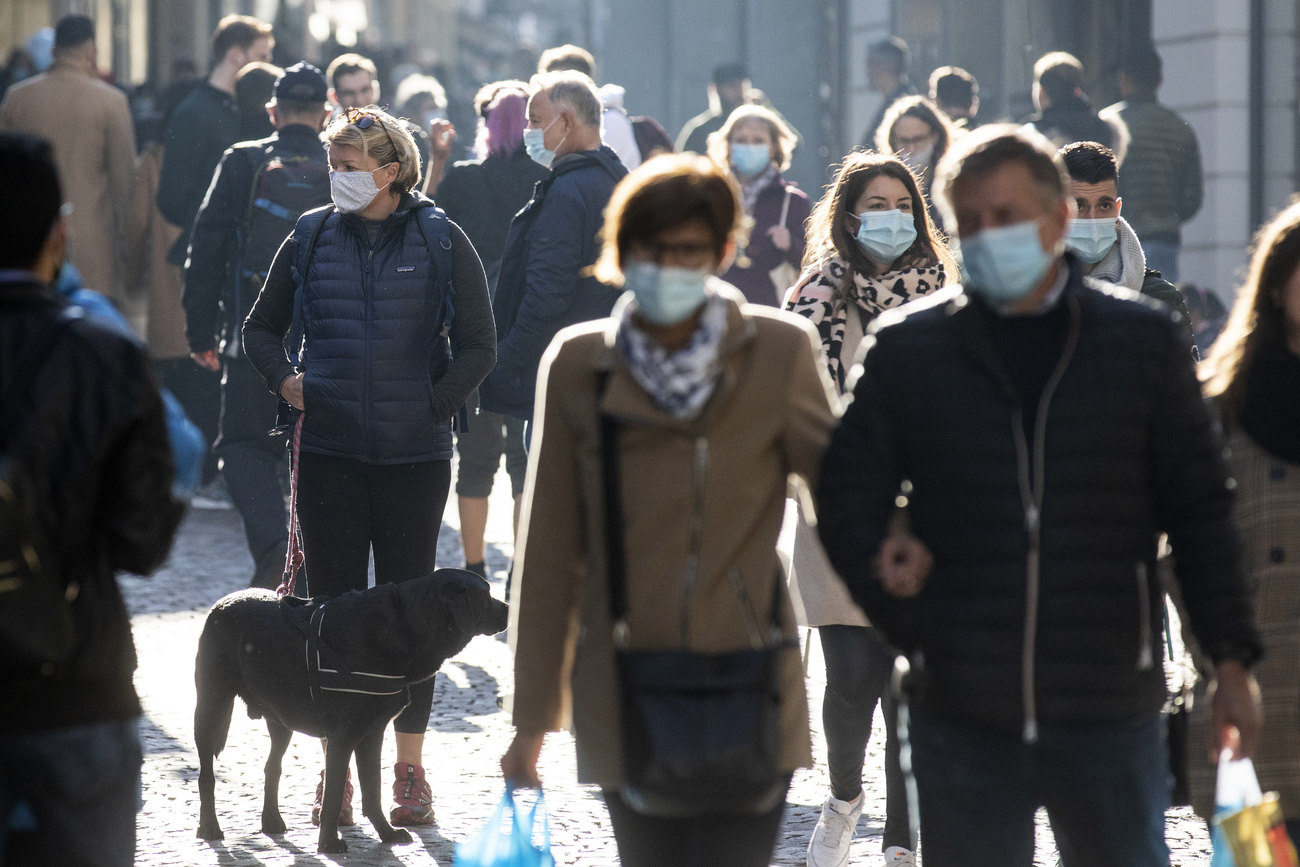
More
Covid sceptics should be denied hospital beds, says economist
Until now, opening the windows completely for a few minutes and having a good Stosslüften – as opposed to having a window cracked all the time – has been a recommended way of keeping heating costs down in winter. However, Covid-19 has highlighted another benefit of doing this in homes, classrooms and offices: reducing the risk of infection.
Coronagraben
The trend continued in the French-speaking part of the country, with coronagraben (corona divide) beating gestes barrières (barrier gestures) and luttes (struggles).
Coronagraben, a twist on the linguistic Röstigraben, “highlights both the disagreements between the German- and French-speaking cantons regarding the health measures to be taken or ignored and the wide variations in the number of cases according to language region,” the jury said. “Above all, it shows that we have all experienced a different reality depending on our language region.”
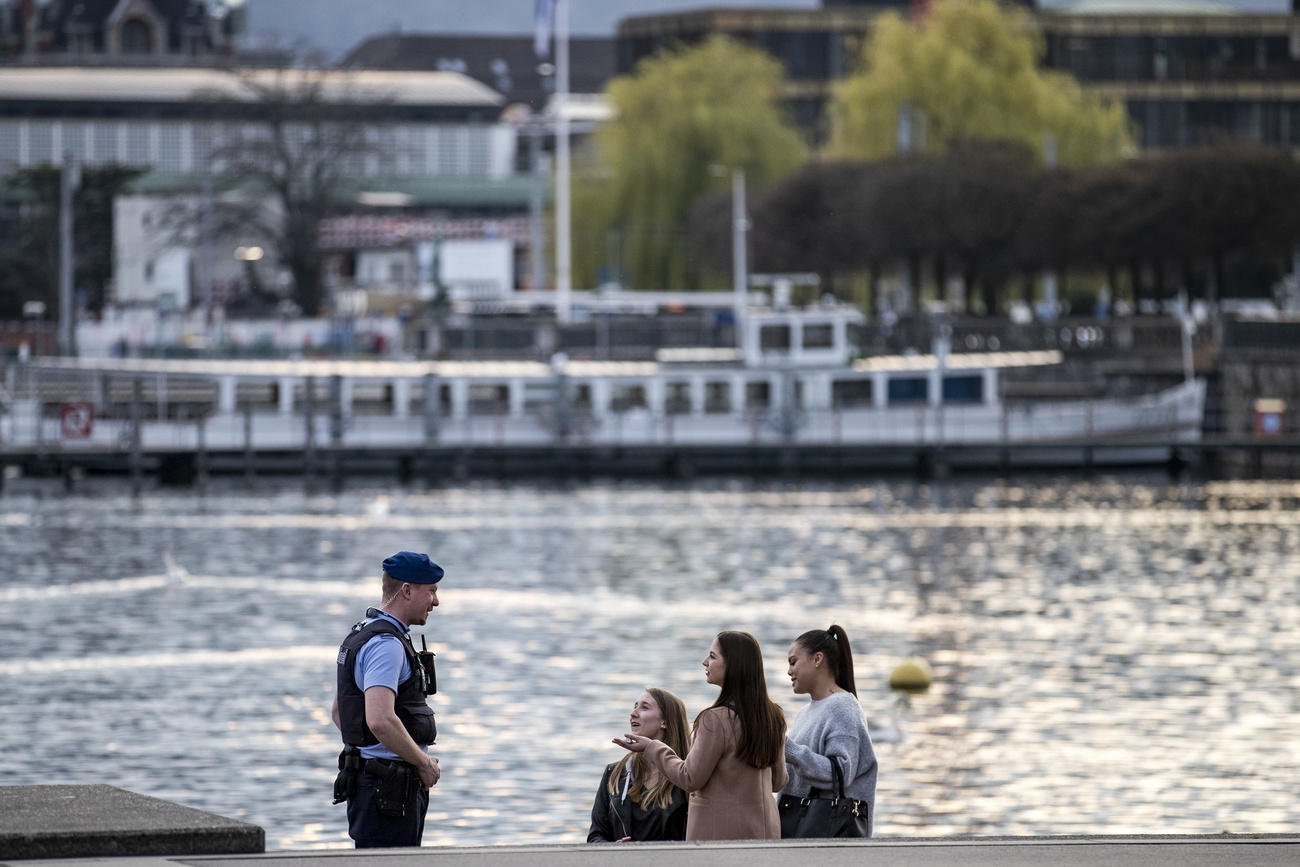
More
How the Covid-19 crisis reveals cultural divide between Swiss language regions
“Mask, hydroalcoholic gel, washing hands for 30 seconds, greeting one other with feet, ventilating enclosed spaces, avoiding crowds… 2020 has profoundly changed our behaviour, to the point that some people have already integrated their gestes barrières into their dreams – while others are shocked to see film characters kissing and holding hands,” the jury said.
“If these barrier gestures have become part of our habits for good, their name highlights the uncomfortable paradox that permeates society in 2020: a barrier to get in touch, a gesture that distances us to allow us to get closer.”
The ZHAW researchers said the fight against Covid-19 this year appears to have “crushed, relegated and nullified” all the other struggles – “and yet they have not stopped”. They pointed to the fight for the climate, for feminism, and against racism with the Black Lives Matter movement, “examples of causes that have pushed many citizens to risk their health in order to demonstrate and act”, they said.
“More than ever, the awareness of an imperfect world and the desire for change have marked 2020 in Switzerland.”
Pandemia
The pandemic was literally Word of the Year in Italian-speaking canton Ticino, with pandemia being chosen ahead of responsibilità (responsibility) and distanza (distance).
“Responsibility saves lives. Make the right decision and stay at home,” the Ticinese authorities urged citizens. The ZHAW jury noted that responsibility recently appeared in the Responsible Business Initiative, this time calling on companies to do the right thing.
In Romansh, a Swiss national language spoken by about 60,000 people, the jury selected mascrina (mask), extraordinari (extraordinary) and positivitad (positivity).
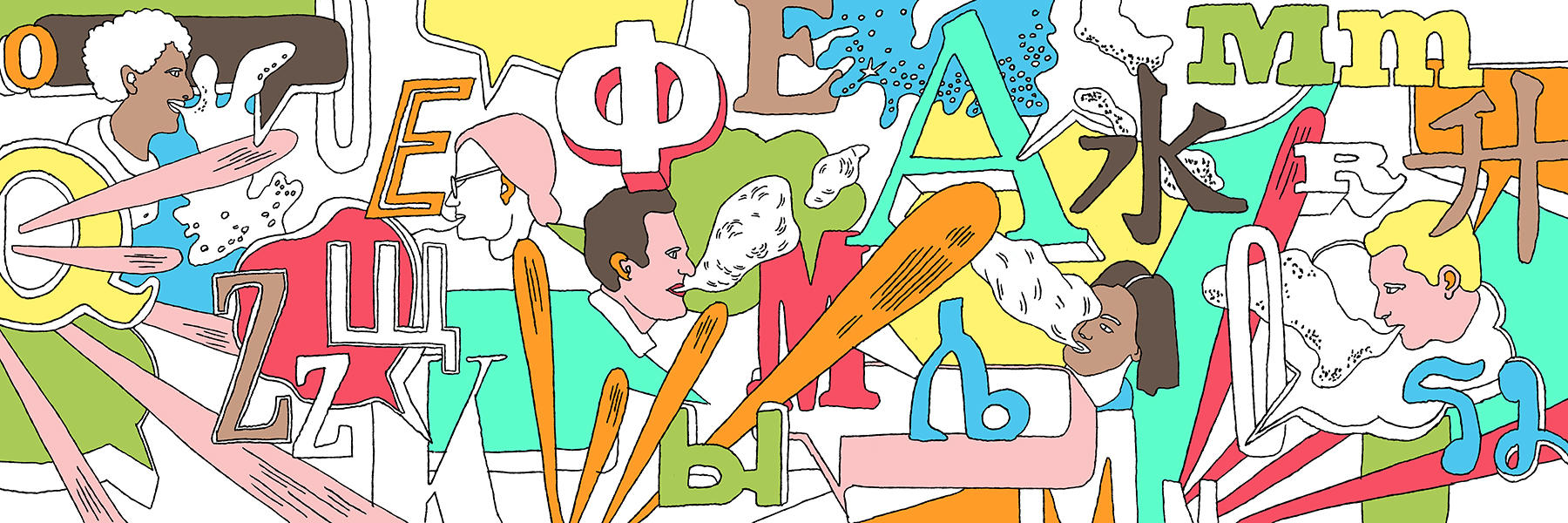
More
French, German, Italian, Romansh, English: How do the Swiss talk to each other?

In compliance with the JTI standards
More: SWI swissinfo.ch certified by the Journalism Trust Initiative

















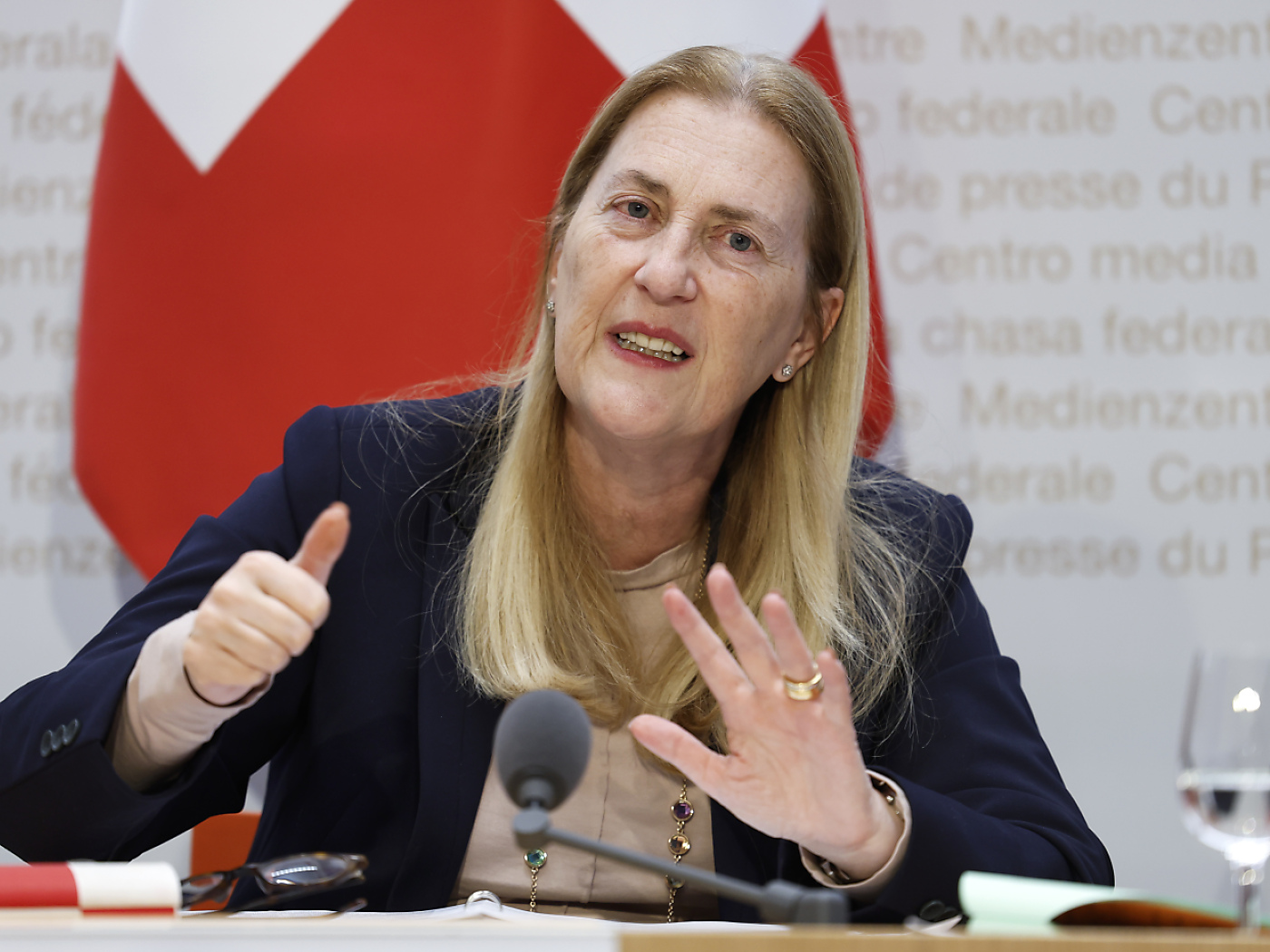

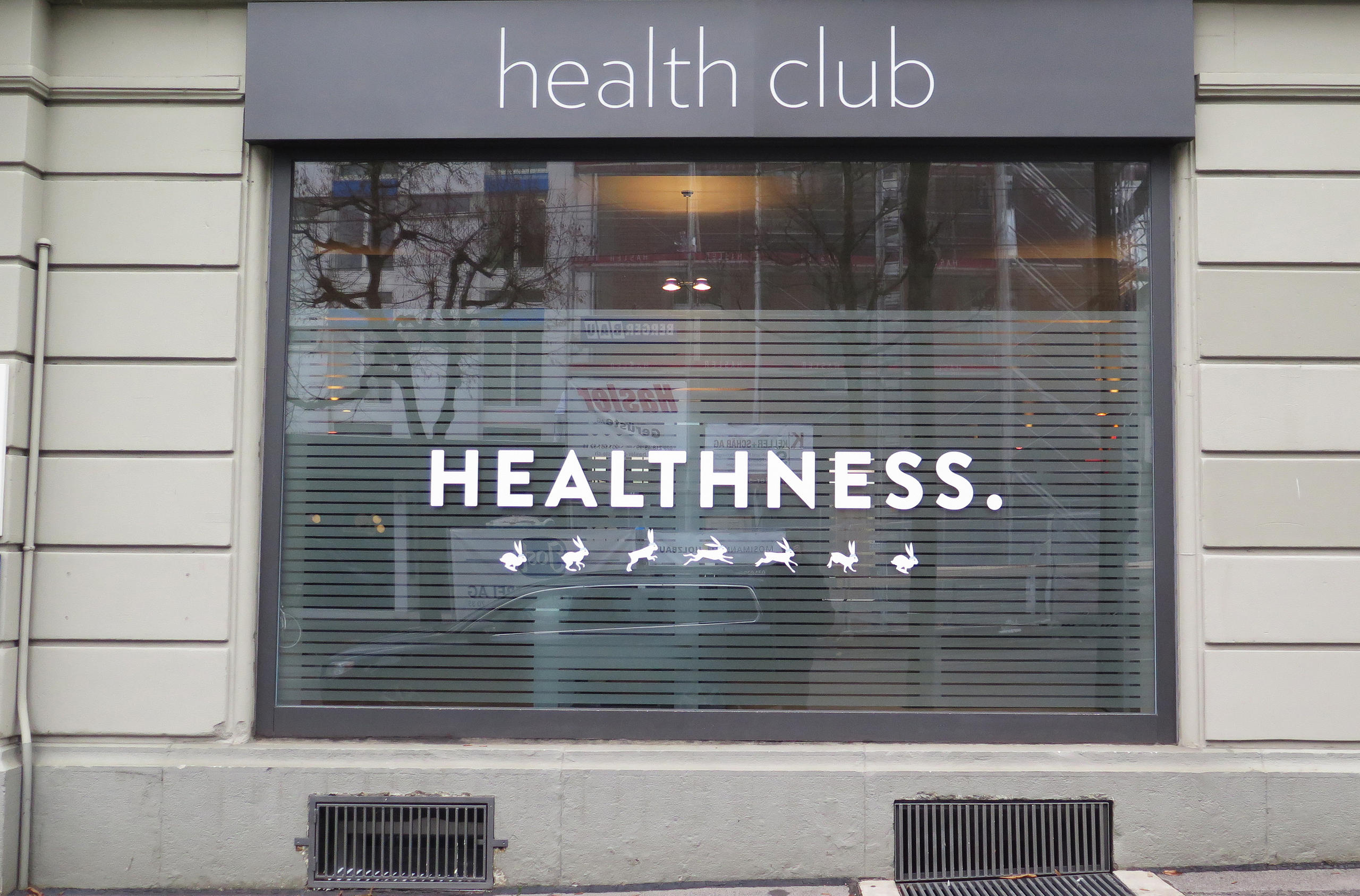


You can find an overview of ongoing debates with our journalists here . Please join us!
If you want to start a conversation about a topic raised in this article or want to report factual errors, email us at english@swissinfo.ch.